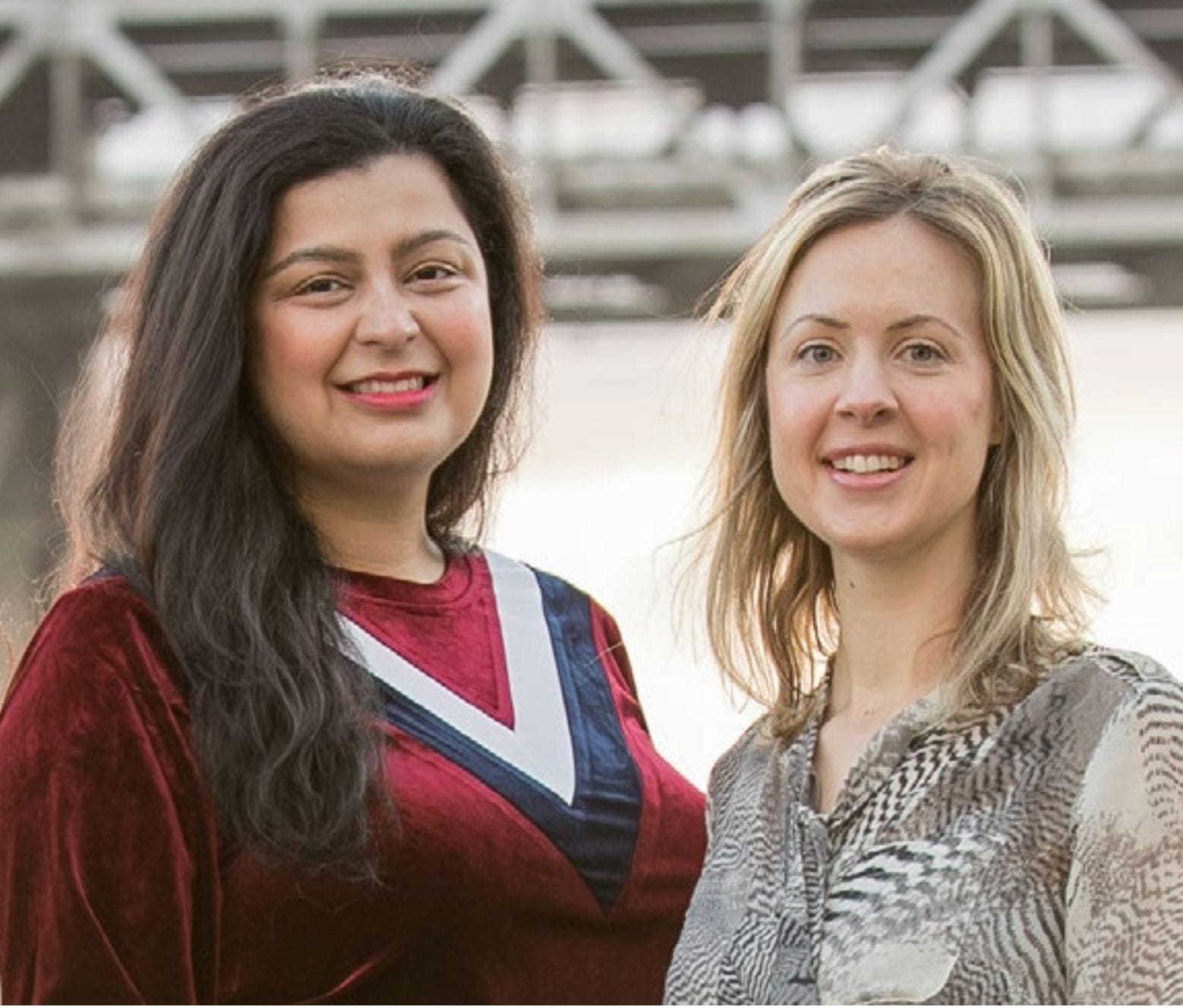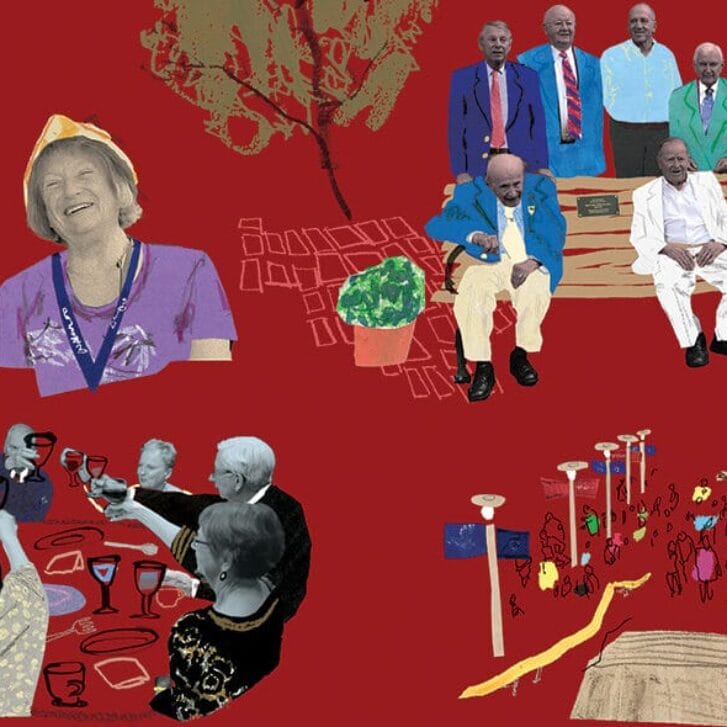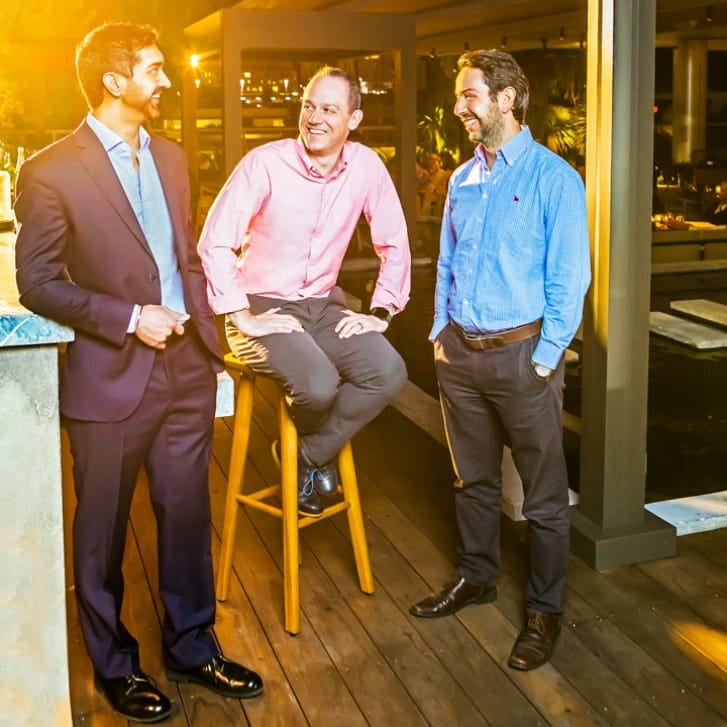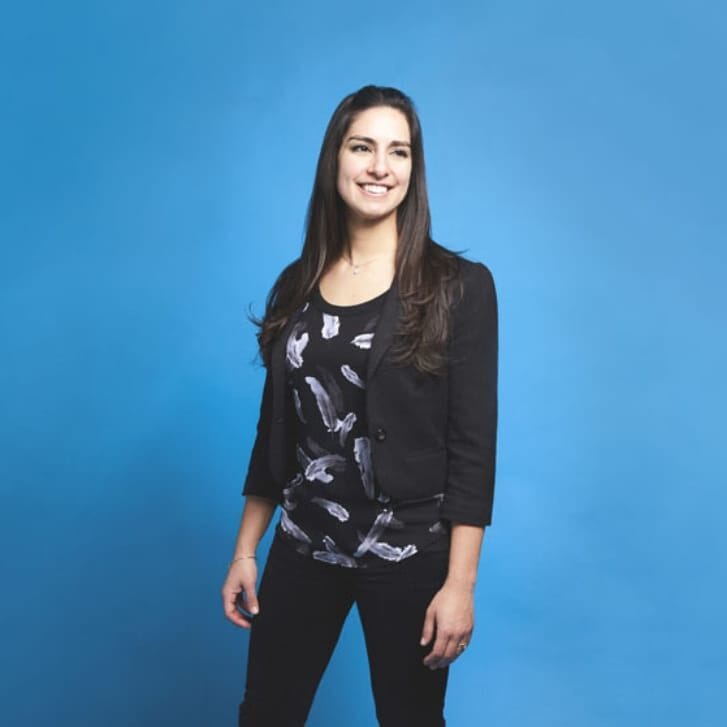When I arrived at Wharton’s San Francisco campus for my Executive MBA nearly three years ago, I found myself, not surprisingly, surrounded by a number of other strong-minded women. However, we made up only a third of the students in our West Coast program, and our presence at the School occasionally made me think of all the women who would never be able to pursue similar opportunities—due to culture, a lack of confidence, or an inability to challenge authority.
Of course, I wasn’t the only woman in my class considering these challenges. Many, if not all, of us have encountered them in ourselves, in the form of fear, hesitancy to tackle male-dominated professions, or reluctance to upset the proverbial apple cart by asking for what we deserve. These shared experiences, while unfortunate, would eventually serve as the inspiration for an exciting project: Imaginare Studios. Through the venture, Autumn Huiatt and I are combating these issues early on with storytelling.
The limits society places on women were obvious to both of us even as children. Autumn grew up in small-town North Dakota, where the status quo wasn’t often challenged and the general world view was somewhat small. As she told me, “nice” was more important than “competitive,” and “considerate” certainly triumphed over “independent.” While her Midwestern roots nourished positive characteristics such as hard work and strength, she also grew up with an almost innate need to please those around her.
I was facing a similar struggle across the globe. While I was growing up in the Middle East as the daughter of conservative parents, I saw that the “good” women around me were polite, subservient, and always dedicated to hearth and home, with extra value given to those who were beautiful. Good girls didn’t go marching in the streets to demand revolution or challenge traditions, culture, and male opinions.
Given these expectations, we both wondered how women could ever change the world. We were perhaps fortunate, then, that unlike a number of other girls in our situations, we had parents who believed in education and gave us a number of opportunities to gain through scholarship what we might never have accomplished otherwise: careers, ambition, and opinions of our own. But this got us wondering: How many other girls might never find their wings because they’re told they have to be soft-spoken and pretty and wait for a Prince Charming to find value in themselves? And, more importantly, what could we do about it? This line of thinking led us to form Imaginare, to show girls through the stories we publish that they can break down barriers themselves. Our first project is a book offering a modern twist on the classic Cinderella story.
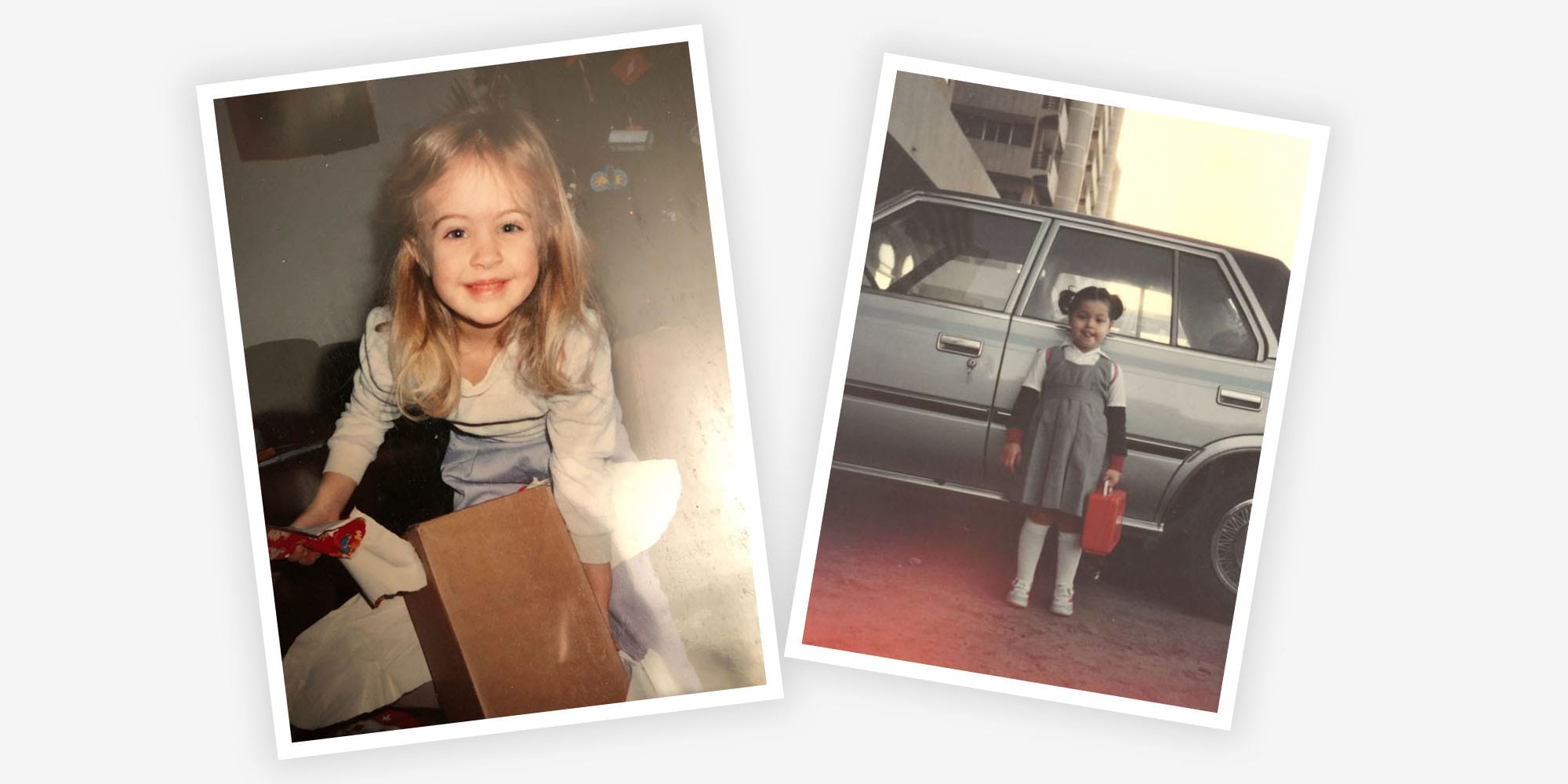
The childhood experiences of Huiatt and Bhandari inspired them to tackle gender stereotypes.
The idea for the company came out of an elective entrepreneurship class at Wharton. Autumn and I started further exploring the notion of lack of confidence as a cause of underrepresentation alongside Camila Noordeloos WG18, a dear friend and Imaginare co-founder who has since moved on to other projects. The questions we asked included: Are women innately just less confident? Or did we lose confidence somewhere along the way?
As we talked to educators, child development psychologists, and our classmates, many of whom were parents themselves, the answer we uncovered blew us away: Children, and in particular girls, lose confidence in their own abilities as early as age eight. This led to a follow-up question: What was happening by age eight to change the course of females’ destinies so rapidly? But in the back of our minds, we already knew the answer from our own experiences.
And with that, we published our Cinderella story one month shy of graduation, in April 2018. Our version of the character starts with the same problems as her original counterpart, including a stepfamily that chooses to be mean to her. But instead of waiting around for a Prince Charming, she solves her challenges herself.
We didn’t expect to make a huge splash. After all, we were first-time entrepreneurs, still students finding our own voices. But the responses we received confirmed we were on the right track. A couple stood out: A classmate’s daughter was going to write her own book after hearing ours; a cousin’s daughter disagreed with how Cinderella solved her problems and went off to write her own version of a fearless heroine. We had started something, and we knew we had to continue after graduation.
Last year, as we worked on marketing the book and formed a company around Imaginare, we started reading to our target audiences at elementary schools. It was amazing how quickly children picked up the main messages of the book: that you can save yourself, and that you don’t have to be beautiful or nice to solve your problems.
These experiences led us to speaking engagements with parents. Reading our book to them sparked discussion about how frequently we expose our daughters to traditional gender stereotypes. Through these events, we witnessed powerful moments as parents shared their fears and stories about trying to raise female children to be confident. Our book was proving to be rewarding and inspirational in a way we had never imagined.
We also slowly realized something else: the power of story. There is a real desire to celebrate our successes and those of individuals around us. This led us to publish a series of stories online about real-life girls who are doing amazing things, from being the sole female on the baseball team at the age of eight to forming a bath-bomb business and selling product to stores at the age of 12.
Bravery is all around us, and we hunger to find it and celebrate it as part of our broader mission. It’s our hope that one day, every little girl will have the confidence to chase any opportunity, and that we’ll play a part in making that dream a reality.
Kali Bhandari WG18 and Autumn Huiatt WG18 are co-founders of Imaginare Studios. The duo expect to publish a second edition of Cinderella in the coming months and are working on various speaking engagements and stories of real-life bravery.
Published as “Her Own Champion” in the Spring/Summer 2019 issue of Wharton Magazine.




















